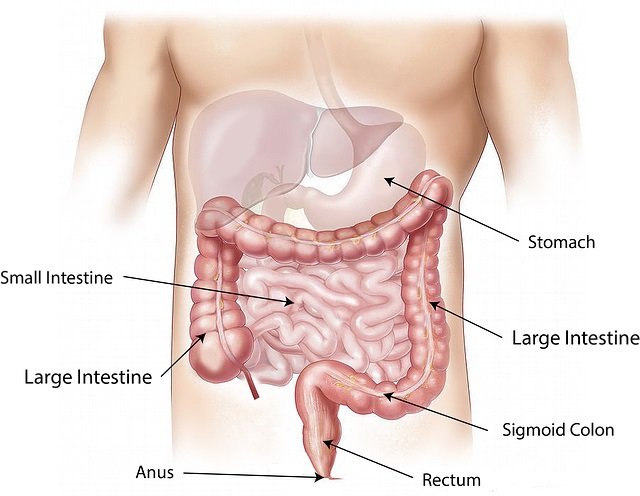
Colon, or the large intestine, is a critical part of your digestive system and plays a big role in your overall health.
Unhealthy lifestyles, such as sitting too much, being overweight, and eating foods high saturated fat, are linked to a higher risk of colon cancer.
Scientists from Western Connecticut Medical Group suggest people follow their doctor’s recommendations and have routine colonoscopy exams to screen for colon cancers.
They also provide information about common questions many patients have about the cancer screening test and prevention.
According to the researchers, colon cancer can occur when cells in the colon or rectum grow out of control.
In the beginning, it is just a polyp and harmless in the lining of the colon or rectum. However, if untreated, the polyps can grow into cancer.
Therefore, removing polyps before they turn into tumors can help prevent colon cancer.
People at age 50 or with a family history of colon cancer should do regular colon cancer screening to detect the disease early.
One common screening test is a colonoscopy. In the examination, doctors look at the inside lining of the colon and rectum to check for polyps.
They will put a flexible tube called a colonoscope into the anus, through the rectum, and into the colon. Through a video camera, doctors can check the inside of the colon.
The advantage of the test is that when doctors find a polyp, they can remove it during the colonoscopy.
So far it is the only test that can screen for and prevent colon cancer.
Many things can contribute to a high risk of colon cancer.
For example, aging is a big factor. Recent studies show that colon cancer is more common in people aged 50 and older.
Family history is another strong factor. People with first-degree relatives (parent, sibling, or child) who have colon or rectal cancer or benign tumors should start their colonoscopy screening at 40, or 10 years younger than the earliest diagnosis in their family.
A third factor is health history. People with inflammatory bowel disease or have had colorectal polyps need to do colon cancer screening earlier and more often.
Besides the above three factors you cannot change, there are many things you can do to protect yourself from colon cancer.
For instance, you can eat less unhealthy foods high in fats, salt, sugar, and less processed foods.
You can also manage your body weight, get regular exercise, stop smoking and reduce alcohol drinking. All of these things are linked to a high risk of colon cancer.
Copyright © 2019 Knowridge Science Report. All rights reserved.



